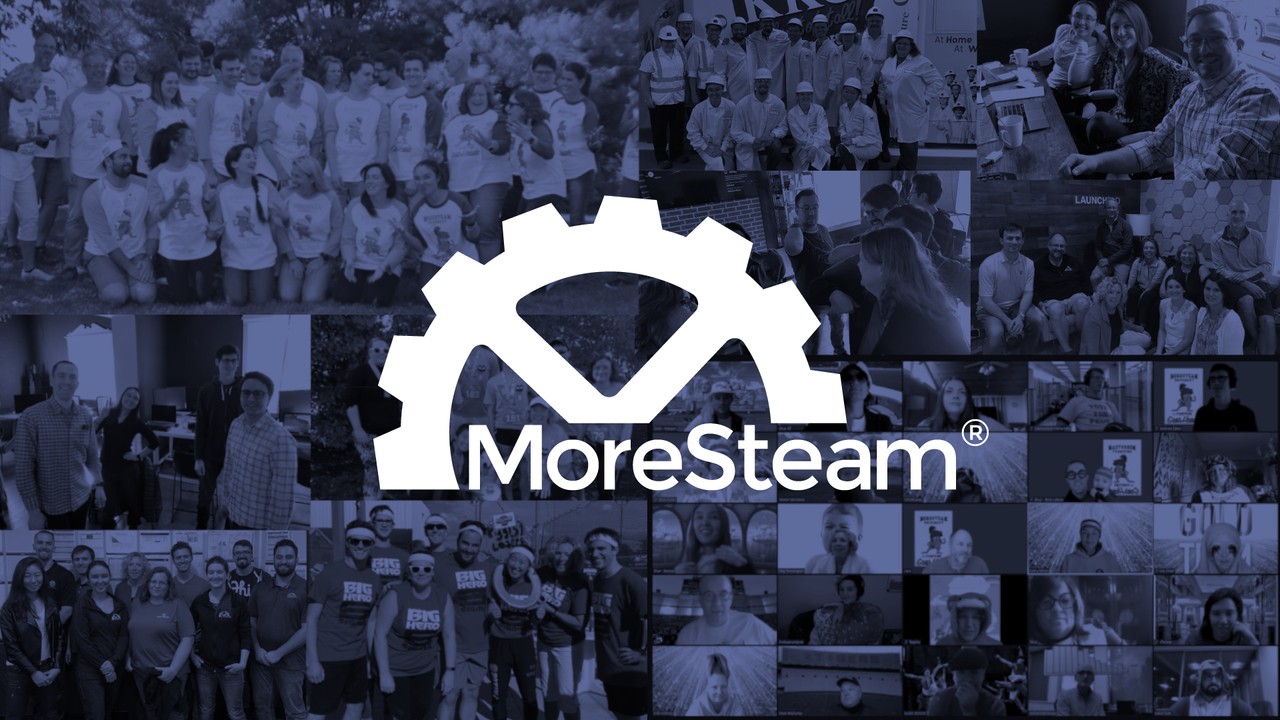
Using Modeling to Teach Lean Six Sigma & DMAIC
Kevin Keller, Master Black Belt - MoreSteam Client Services
Teaching in a virtual environment comes with its challenges. Pair that with teaching Lean Six Sigma concepts — which can also be challenging to grasp — and you quickly find that your virtual training session is "as good as you can hope for." Sound familiar? But what if you could excite your training cohort to want to solve the problem with you? I've discovered a simple and inexpensive way to do just that.
Perhaps you are familiar with Process Playground™ in EngineRoom®. Process Playground allows you to build a digital twin of a process to visualize the flow and experiment with process changes. As powerful as this is to use when doing improvement work, it is just as powerful when teaching Lean Six Sigma and DMAIC.
In this session, we will follow a pizza shop case study and walk through each phase of DMAIC. As we work through the tools and critical questions by phase, we will cover ways to teach each concept using any virtual process model – not just the pizza example. We will cover tips and tricks to engage your virtual audience along the way and discuss lessons learned from a training session like this.
In this session, we will explain how to refresh your training by:
- Using process modeling as a powerful teaching tool
- Experimenting with a virtual model to increase audience engagement in an online training session
- Leaning on real data to train. Real‐world data is ugly. By training with ugly data, we produce more confident problem‐solvers


Master Black Belt • MoreSteam Client Services
Kevin Keller is a professional statistician and quality professional with over 30 years of experience teaching, coaching, and leading Lean Six Sigma project teams from the shop floor to the enterprise levels. He began his career as a process engineer at Texas Instruments and then served in a Master Black Belt role at MEMC Electronic Materials for 15 years. Kevin advanced to manage quality systems for AB‐InBev and eventually accepted a Master Black Belt position for AB‐InBev's North American Zone. Kevin earned a BS in Chemical Engineering from Missouri University of Science and Technology and a Masters in Applied Statistics from The Ohio State University. He also is a certified Lean Six Sigma MBB.
